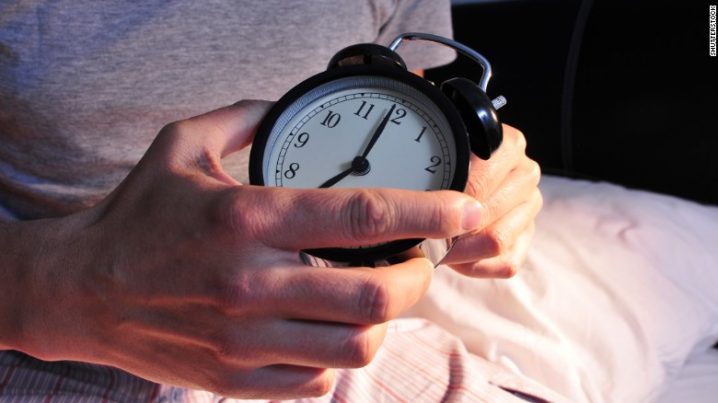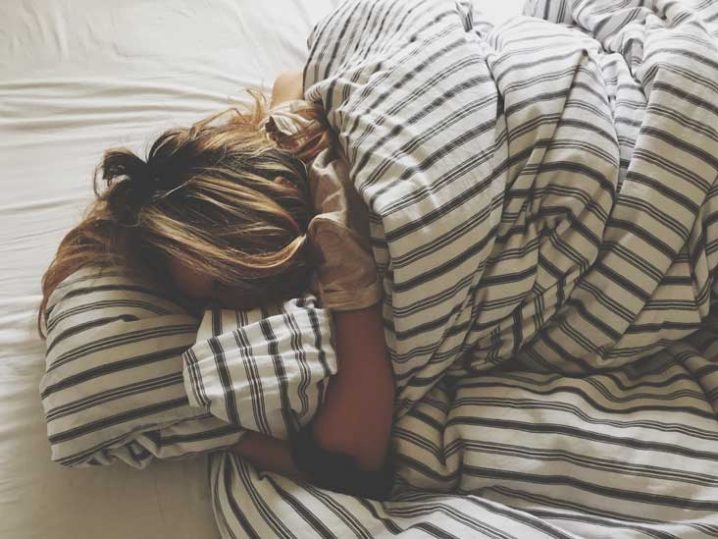According to the National Sleep Foundation, there are certain measures that we can take for a better sleep hygiene and a restful night time rest. After all, your life is too short not to enjoy a legitimate comfortable sleep and always feel tired.
For many, feeling rested in the morning after they wake up seems to have a single solution: more sleep. But life is also too short to spend it sleeping. Better sleep patterns will definitely help you achieve those perfect levels of ease after a normal sleep cycle. Below you will find some of the most effective, scientifically-based tips and suggestions to achieve a better rest interval.

Create a sleep schedule and religiously stick to it
To achieve that incredible night-time relaxation pattern, you must make sure that you religiously follow a sleep schedule. This means that you have to have the same bedtime and wake up time daily. Even during weekend mornings, when we tend to stay in bed for a little bit longer. Sleep experts recommend no more than eight hours of sleep daily, in adults’ case.
Even if you’re unable to stick to the exact same hours daily, you should at least try to limit the difference between those. Being consistent with your sleep patterns will reinforce your body’s natural sleep-wake cycles.
When you’re unable to fall asleep due to various stressors in your life, you should implement a strategy that allows you to find relaxation. For instance, when you can’t seem to be able to fall asleep for 20 minutes, leave your bedroom, engage in some relaxing activities. Listening to shooting music or white noises might calm you down a little. Try to go back to sleep when you feel more tired. If necessary, repeat the process until you succeed.

Your eating and drinking habits matter
When you go to sleep, make sure that you are properly fed. You shouldn’t attempt to sleep on either an empty stomach or a stuffed belly. Sleep scientists advise against having copious large meals within a couple of hours before going to sleep. The discomfort that we usually experience after a copious meal will most likely keep you up after the established bedtime hour.
According to the National Sleep Foundation, for better sleep hygiene, you should also avoid nicotine, alcohol or caffeine intake. The substances found in all these vices have stimulating effects on the brain which naturally increase the difficulties that you have falling asleep.
While alcohol might seem to make you sleepier in the initial phases after ingestion, it will prevent you from having a restful sleep as it will cause multiple disruptions in your sleeping cycles.
Adjust your surroundings
Certain environmental coordinates will influence the quality of your sleep. What experts say to be the perfect sleep environment usually means a dark, cool and quiet room. Avoid at all costs exposure to light sources before falling asleep. This means that you should probably avoid watching TV or playing on your smartphone before your bedtime. Instead, you could try using the Dodow, a sleep-aid device that helps you fall asleep with soothing blue light. But don’t buy it until you read this thorough Dodow review that Honest Product Reviews has put together.
To boost the efficiency of your sleep environment, help yourself by taking a warm, relaxing bath just before tucking yourself in for the night.

Invest in top-range mattresses and pillows
This might sound like an extra investment that you don’t necessarily need for a restful sleep, but experts in the field recommend to always ensure that your product is indeed a comfortable one, without lumps or springs poking. Fortunately for everybody, the mattress sector has been thriving lately, thanks to cutting-edge technological developments and new fabrics and manufacturing processes. The newer route to a better mattress is online shopping and various manufacturers and retailers adapted to this demand. But before adding to your cart the perfect mattress, search for some resourceful online reviews, like the Simba mattress review, to get a better idea on the product’s best features. Plus, you should consider some personal needs and preferences when shopping for a new mattress.
- The level of firmness. Depending on how firm or bouncy you prefer your mattress, you can choose between a memory foam or latex product and a spring mattress. Spring mattresses have that bouncy feel that children enjoy but for a better posture when sleeping, choose a memory foam mattress. It will beautifully hug your body, allowing you to feel more relaxed as soon as you enter your bed.
- Your sleeping positions. There are different types of mattresses for different sleepers. For instance, if you are a stomach sleeper, you should probably consider investing in a firmer mattress with higher levels of support. If you usually sleep on your side, a soft foam item would be more appropriate. Back sleepers should go for a mattress with moderate levels of firmness.
- Your predisposition to allergies. Manufacturers today pay increased attention to the fabrics in which they deliver their mattresses. Thus, those who are suffering from various allergies can choose a product that will assure better levels of sleep comfort. Foam and latex are inherently antibacterial and antimicrobial fabrics, showing better resilience to dust mites and mould.

Avoid taking daytime naps
Long daytime naps will interfere with your night-time sleep. While experts recommend entirely taking daytime naps, limit yourself to 30-minute naps if you can’t avoid them. Plus, you should never nap late in the day as this will also interfere with your sleeping cycles.
Exercise more
Regular exercising will promote a better night-time sleep, as long as you don’t perform physically soliciting exercising too close to your bed-time. Short walks, some stretches and medium-intensity exercises will help you sleep better while preventing you from becoming agitated right before you fall asleep. Include some meditation in your exercising routines. Choose yoga as your go-to physical activity if you exercise in the evening and finish your session with 10 minutes of meditation.
Whenever you feel that managing your sleep schedule becomes increasingly difficult, try to identify stressors in your sleep environment or your life. removing those will also help you achieve healthier sleeping patterns.



